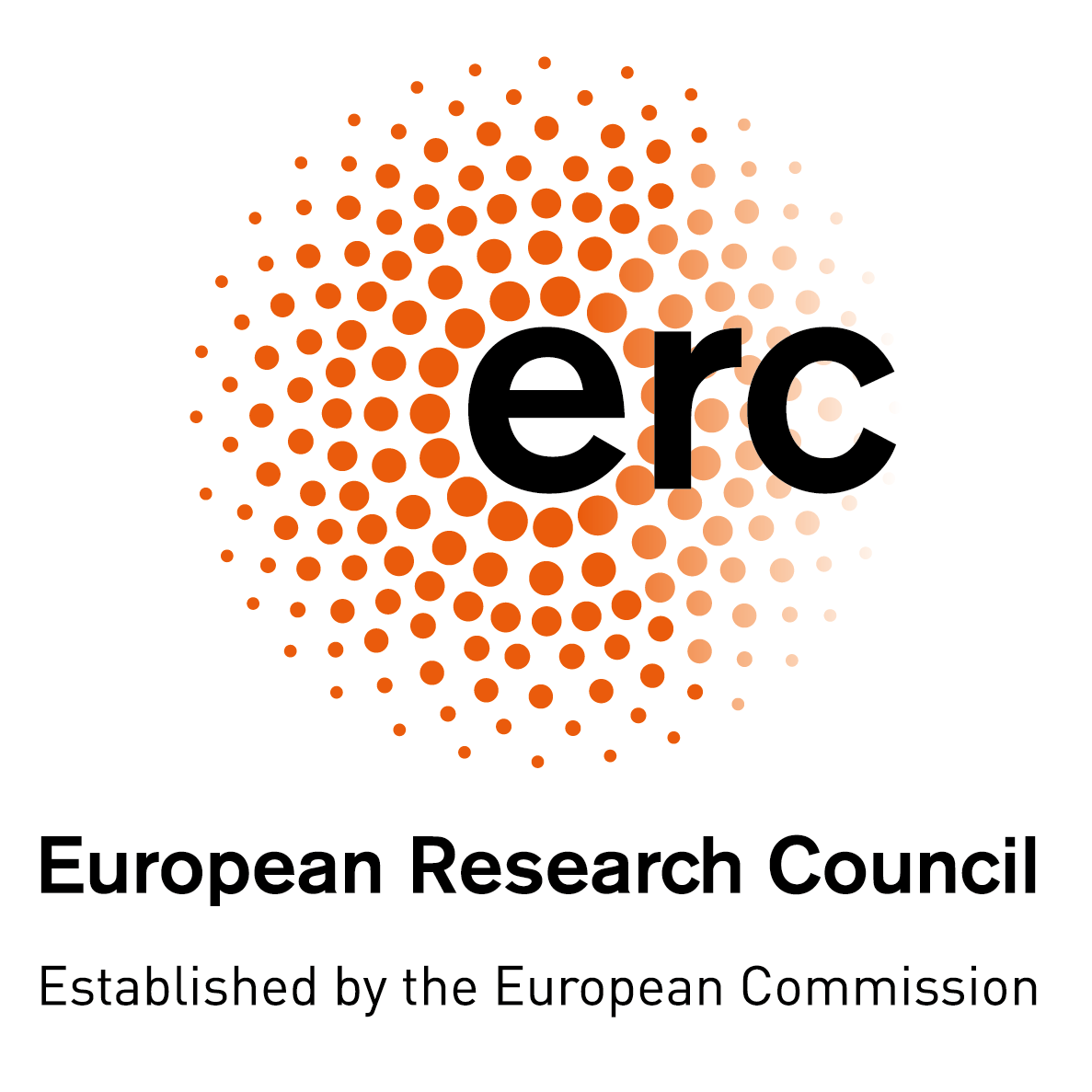June 17–18, 2019
Internationales Wissenschaftsforum Heidelberg (IWH)
Hauptstraße 242, 69117 Heidelberg
Conveners: Ivan Sablin (Heidelberg) and Egas Moniz Bandeira (Madrid)
Day 1 (Mon, June 17, 2019)
09:00–09:30 Introduction
09:30–11:15 Session 1. (Post-)Imperial Entanglements
Chair: Joachim Kurtz (University of Heidelberg)
Egas Moniz Bandeira (Autonomous University of Madrid) – “Frail Like Piles of Eggs?” China and the Transition from Absolute to Representative Government in the Russian, Persian, and Ottoman Empires
Şener Aktürk (Koç University) – Democracy and Multiculturalism: Political Representation of Ethnic and Religious Groups in the Ottoman and Tsarist Russian Parliaments
Olimpia Dragouni (Humboldt University of Berlin) – (Dis)continuities of Ottoman Religious Self-Government: Political Institutions (sabor, vijeće, skupština) for Bosnia-Hercegovina from the Late Ottoman State to Yugoslavia
11:15–11:45 Coffee Break
11:45–13:30 Session 2. Political Practices in One-Party Regimes
Chair: Marina Shcherbakova (University of Heidelberg)
Olga Velikanova (University of North Texas) – Soviet Constitution of 1936: Sham Democracy in Stalinism
Henrike Rudolph (Friedrich–Alexander University of Erlangen-Nürnberg) – Founding the Myths of a Republic: The First Chinese People’s Political Consultative Conference and its Transfiguration
Clemens Büttner (Goethe University of Frankfurt) – “The Whole People in Arms:” Communist State- and Nation-Building during the Great Leap Forward Campaign
13:30–14:30 Lunch Break
14:30–16:15 Session 3. Rural and Religious Governance in Eurasia
Chair: Tanja Penter (University of Heidelberg)
René Trappel (University of Freiburg) – Optimizing People and the Ways to Govern Them: The Transformation of Governance in Rural China
Rustamjon Urinboyev (University of Lund / University of Helsinki) – Community-Based Parliamentary Practices in Post-Soviet Muslim Societies: Case Study of Mahalla Institutions in Uzbekistan
Nikolay Tsyrempilov (Nazarbayev University) – The Cradle of Nation: The Role of Buddhist Monasticism in Buryat-Mongol Self-Organization
16:15–16:45 Coffee Break
16:45–18:15 Keynote Speech
Chair: Aurel Croissant (University of Heidelberg)
John Fuh-sheng Hsieh (University of South Carolina) – Institutional Change in an Emerging Democracy: The Case of the Legislative Yuan in Taiwan
Day 2 (Tue, June 18, 2019)
09:30–11:15 Session 4. Concepts of Parliamentarism and Anti-Parliamentarism
Chair: Maria Ukhvatova (Saint Petersburg State University)
Olga Sevastyanova (Orthodox Research Institute of St. John Chrysostom) – Novgorod Veche as a Political Mythology
Kuzma Kukushkin (Peter the Great Polytechnic University, Saint Petersburg) – Zemskii Sobor: Historiographies and Mythologies of a Russian “Parliament”
Ivan Sablin (University of Heidelberg) – Was Duma a Parliament, and What Were the Alternatives? Russia in the Global Parliamentary Moment, 1905–1917
11:15–11:45 Coffee Break
11:45–13:15 Keynote Speech
Chair: Jargal Badagarov (University of Heidelberg)
Christopher Atwood (University of Pennsylvania) – Assembly and Autocracy: Mongolia’s Consultative Polity from Empire to Post-Colonial Modernity
13:15–14:15 Lunch Break
14:15–16:00 Session 5. (Post-)Imperial Regimes and Representation
Chair: Henning Sievert (University of Heidelberg)
Ellinor Morack (University of Bamberg) – Parliamentary Practice in the Turkish Great National Assembly (Türkiye Büyük Millet Meclisi) in the 1920s
Joshua Hill (University of Ohio) – Elections and Historical Analogies in Late Qing and Early Republican China
Alexander Balistreri (University of Basel) – Parliaments and Quasi-Parliaments in Anatolia, 1918–1920
16:00–16:30 Coffee Break
16:30–18:45 Session 6. Multilevel Self-Organization in and after Empire
Chair: Aysegül Argit (University of Heidelberg)
Kyonghee Lee (University of Heidelberg) – Autonomy and Governance: Village-Compact (hyang’yak) and Self-Governance Narratives in Colonial Korea
Oleksandr Polianichev (Centre for Advanced Study, Sofia) – The Rada of Empire: Invented Traditions and a Cossack Experiment in Self-Governance in the Kuban Region, 1906–1907
Ivan Peshkov (Adam Mickiewicz University of Poznan) – Between Tradition and Invention: Discourses and Practices of Cossack Self-Government in Inner Asia (Siberia and Northern China)
Martin Dorn (University of Heidelberg) – Crimea in the Imperial Crisis of 1917: The Muslim Executive Committee between Liberalization, Secularization, and Modernization
18:45–19:00 Concluding Remarks



